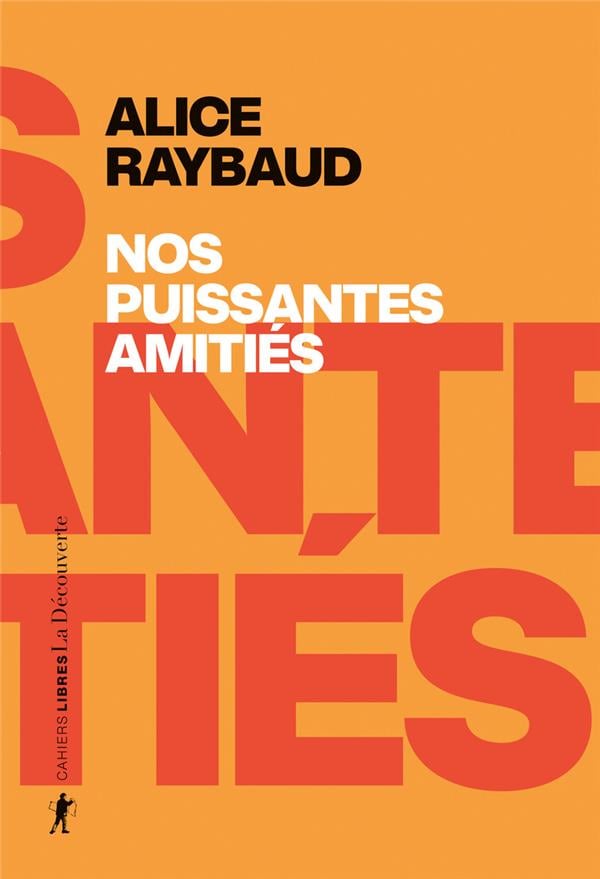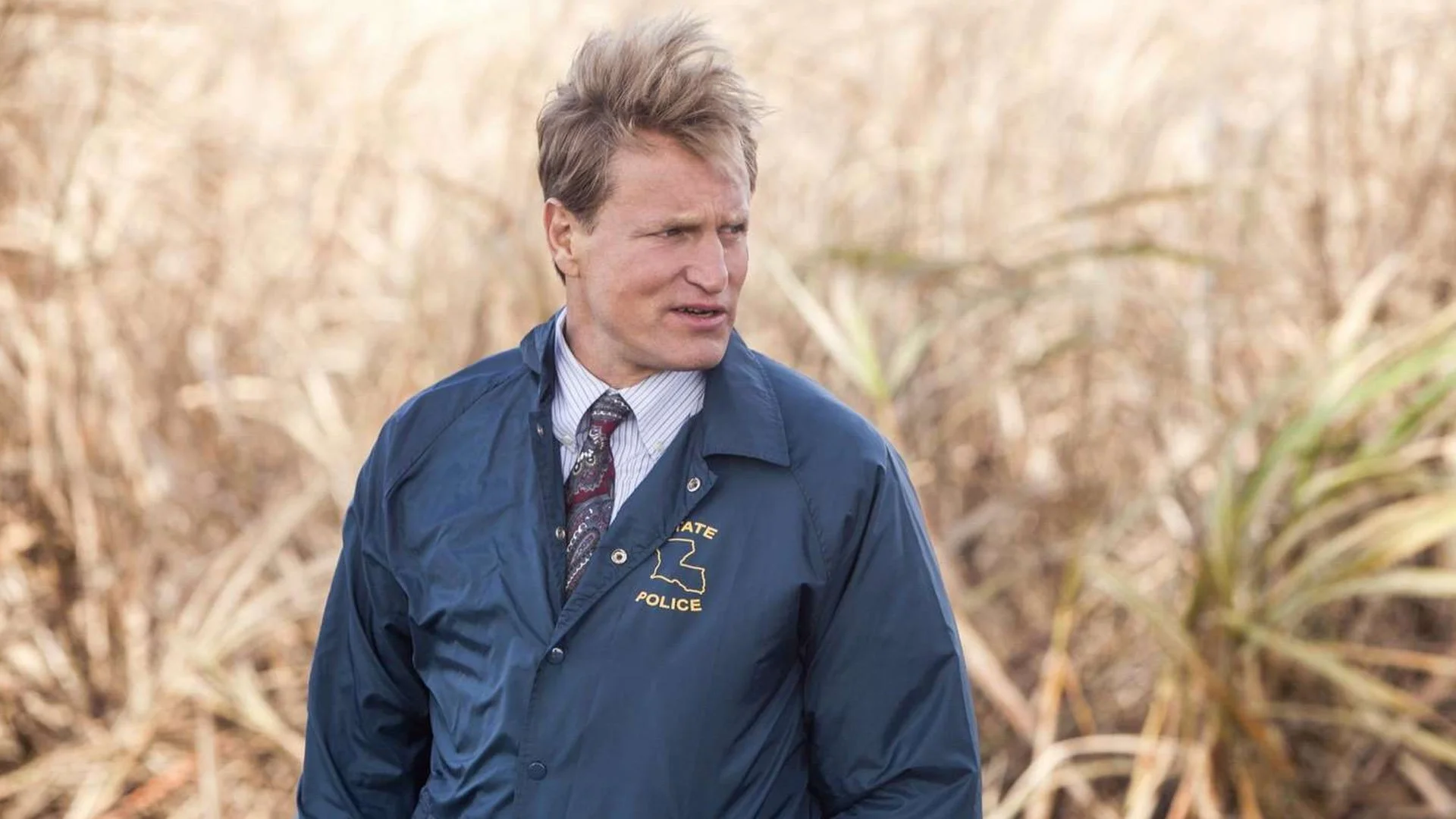
To miss. How did the idea for this book come to you?
Alice Raybaud. In my job as a journalist at World I document young people and I am interested in the intimate questions that concern the younger generations. Recently I’ve seen something emerge about friendship with a desire to reevaluate these bonds and rethink the model of all-consuming romantic love. However, there are few feminist works on the issue of friendship, while we have had a myriad of books to reinvent romantic love, I told myself there was a movement to tell.
How does friendship allow us to rethink the question of the couple as the ultimate horizon of realization, of the “romantic closed door” as you call it?
As adults we are taught to focus on finding romantic love which should be our priority, with the promise of unlimited happiness. We are encouraged to devote all our energy and time to this pursuit, even if it means abandoning other connections around us. In reality, these mechanisms isolate us and place many expectations and challenges on the couple. Giving value to a constellation of varied loves around us allows us to have other emotional pillars on which to rest. When we give ourselves the opportunity to see our friendships grow, we are less dependent emotionally, but also financially, on the couple.
At a certain point in the story there is a very beautiful quote between two friends which is “We turn each other on”, what does it mean?
By building strong friendships, we also develop self-esteem and learn our identity. It is very present in minority environments. In this space something of the order of emancipation occurs which is not the biological family or the marital unit. Friendships are spaces much less imbued with an imaginary of domination or self-sacrifice.
How can we think of a family structure with friendship?
There are many paths, I interviewed people in the book around the concept of chosen family. We can surround ourselves with a vast constellation of solidarity around us, share housing, create communities of activists, spend our old age together, for example. On the other hand, there are people who rethink the transmission by conceiving a child among friends, others who decide to be pillars in the parenting of their loved ones. All of these countermodels are extremely powerful and show that not all of our life plans need to be designed within the unique framework of the romantic couple.
In your book there are numerous testimonies from LGBT+ people, how does friendship represent a safe place for queers?
Queer people often experience rejection and are led to recreate refuges, spaces of healing, joy and solidarity. LGBT+ communities have been fully involved in issues of friendship and chosen family for decades. For these people, friendship constitutes a true source of survival in the face of minority stress, this anxiety that derives from the discrimination experienced in society. They are rethinking a new ethic of connections and care that brings with it a very interesting political ideal. These communities help to shake the paradigms of hierarchy of relationships that are imposed on us between love and friendship, which are constructed and not natural.
Do you underline the political issue of friendship and its invisibility in history, why do we tend to forget it?
We have largely removed the question of friendship from the intimate side which would be secondary, it should not be the priority pursuit of our life, which, in reality, has not always been the case throughout history. In ancient times or the Middle Ages, friendship had much more value. Then it disappeared from historical and philosophical texts, in particular from female friendships, which were erased to found the project of the nuclear family. The ideal of the love marriage allows women to be contained within the family sphere, with the concept of the individual pavilion and its capitalist horizons: conceiving children who will become the workforce, increasing the sale of individual equipment or allowing the exploitation of free domestic space of women’s work. Anything that can distract them from this space appears as a threat.
How does friendship provide a space to counteract deadly lifestyles, unfulfilling work, poor housing, isolation, etc.?
Shifting attention from the family unit also means being able to answer many of the questions of the century. We can rethink our way of living economically and ecologically. Since friendship is not limited by any institution, it can be a privileged place to question norms, work, this desire to slow down, to get out of productivist spaces. Friendship emerges from these logics. They are bonds that do not produce descendants, nor assets, nor domestic work, which is why they are revolutionary, they are bonds that are an end in themselves, free from any profitability. We benefit from making space for these links.
Listen to Laisse-moi kiffer, Madmoizelle’s cultural advice podcast.
Source: Madmoizelle
Mary Crossley is an author at “The Fashion Vibes”. She is a seasoned journalist who is dedicated to delivering the latest news to her readers. With a keen sense of what’s important, Mary covers a wide range of topics, from politics to lifestyle and everything in between.




